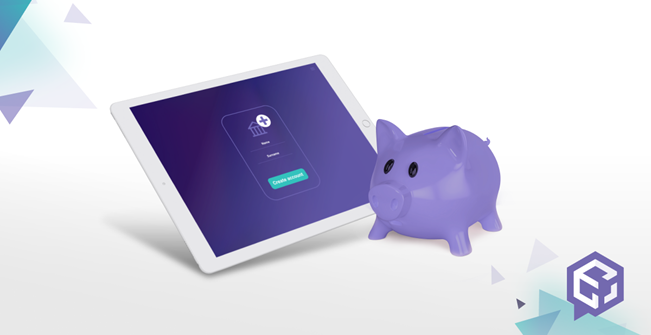Building your own team pays off with repeated expansion
The cost, both in time and money, is also significant: logically, when building your own team, you need to hire people, build and lead a team with all that it entails. Online shops often address the issue of the expertise of individual team members, as you'll want to manage everything from SEO audits and the Google Analytics setup, through Google and networking campaigns, to content creation, local media market knowledge and influencer outreach, including key people contacts. You can hardly find all this in one person. On the other hand, if you decide to build your own team, Tomáš Vrtík sees economies of scale as a compelling argument for the future.
“A lot of online shops have their own marketing teams and they are they are very satisfied. As Czech e-commerce is developed, people in the industry are also very knowledgeable, have excellent skills and can sell them when expanding into Central and Eastern Europe in particular,” he says. “If you build your own team, there is a high probability that you will be able to break through to the East with a little help from local consultants. At this point, when you've built your own know-how and successfully replicated it, expanding on your own starts to make sense.”
Is there a LEAN solution for marketing?
According to Tomáš, online shops should use the agile way here as well: “The most common strategy for expanding abroad is to tap into initial performance channels like Facebook and Google Shopping, and gradually add other marketing channels that might work.” Petr Schwarz from BabyNábytek.cz adds that it is relatively easy to start an online shop in this way. Many companies start this way.
At some point, however, you get stuck at a certain turnover, based on his experience. You can then add more and more countries - and you'll be much better off than if you only had a Czech or Slovak online shop. But at some point you will have nowhere to grow. “Turnover starts to stagnate, you're at a tipping point where you have to start to address quality. And this is already quite a difficult discipline, where you may find that unfortunately you don't have enough profit to improve quality and it would mean a considerable investment for you,” shares Petr. “Especially in terms of the costs of performance marketing, whether you will handle it yourself or outsource it, they must be managed efficiently. I recommend aggregating the data and monitoring the numbers at a global level and applying the things that work across language versions. I would liken it to playing a computer strategy.”

Creating a Local Account
“You need an active local account in the local currency from the first day you send packages,” such as Tomáš Vrtík has tried and tested. Why? You will save on collecting cash on delivery in local currency (here, the further east you go, the more dominant cash on delivery is) and avoid unnecessarily high fees from courier companies (who, in addition, work with central currency exchange rates, which you can lose out on, or require you to have a local account to cooperate).
This way you'll increase your credibility and ultimately also conversions. You'll allow customers to pay directly by transferring money to a local account. They don't have to think about how much the bank will charge and whether they want to pay another eight euros in fees on a ten-euro item. They simply buy from you because they see a fully localised buying process, including the bank account and payment gateways they are used to. You'll also make it easier to refund for claims. The transfer will be fast, without the burden of fees or exchange rate transfers - and buyers know it too, who in turn won't have to wonder if the goods will arrive later than from the local online shop, if they will have a problem with the claim or with arguing with you in their own language, etc. According to Tomáš, in the end it's all about being helpful to customers in a new country.


Most of the paperwork can be done online, you just have to go to the place to sign.
The one-off cost of setting up a Hungarian, Romanian or Bulgarian account ranges from €500-1500 with everything included, i.e. travelling to sign the contract, official translation and assistance at the bank. “Most of the paperwork can be done online, you just have to go to the place to sign. At Expandeco, we will guide you through the entire process, including communicating with the bank and assisting you with a personal visit. Within two to three weeks you usually have an account open,” says Paweł Bilczyński, Country Manager for Poland at Expandeco.








